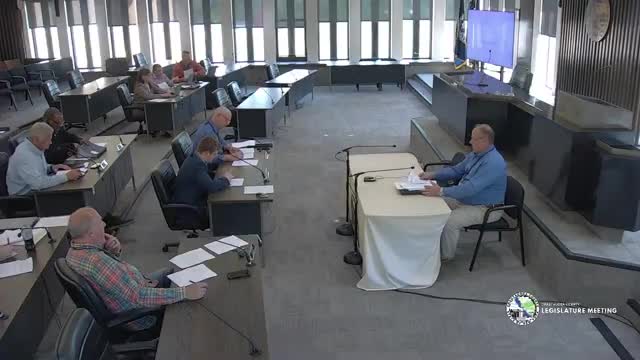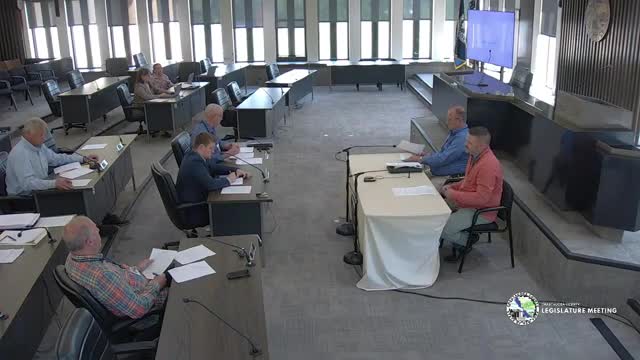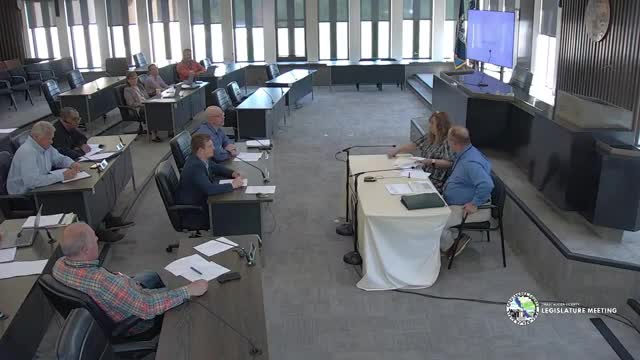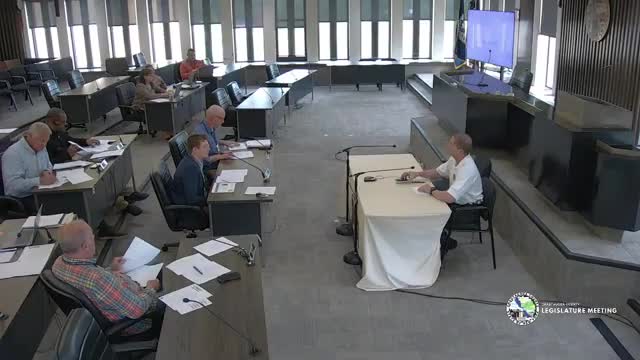Article not found
This article is no longer available. But don't worry—we've gathered other articles that discuss the same topic.

Committee approves appointments, budget amendments and lease extensions; votes listed

Legislature chairman outlines update to county sewer use law after EPA audit

CHQ Transit reports ridership uptick, hub plan faces funding gap

